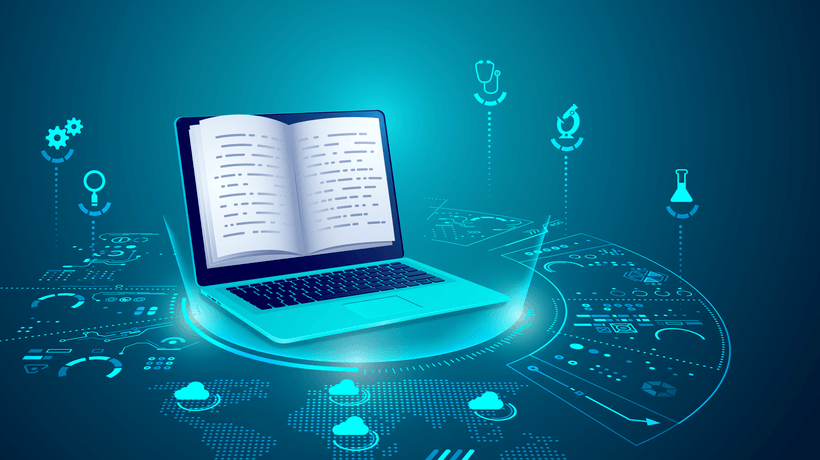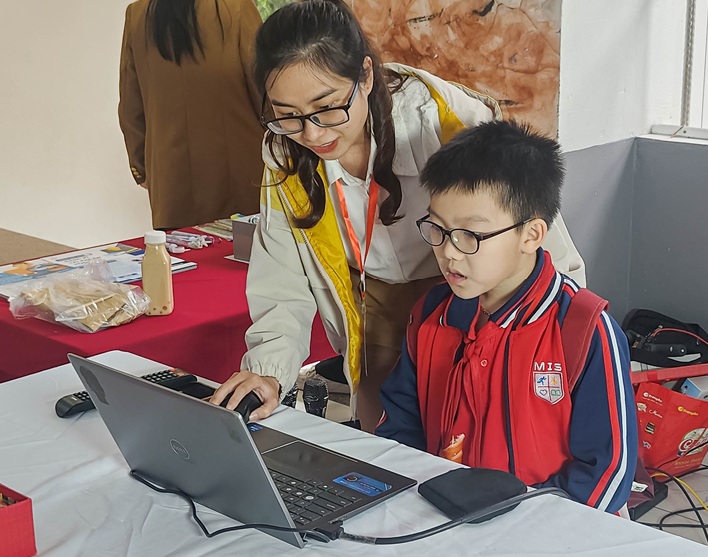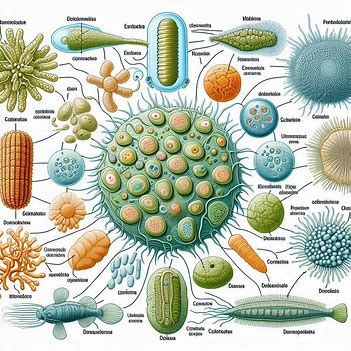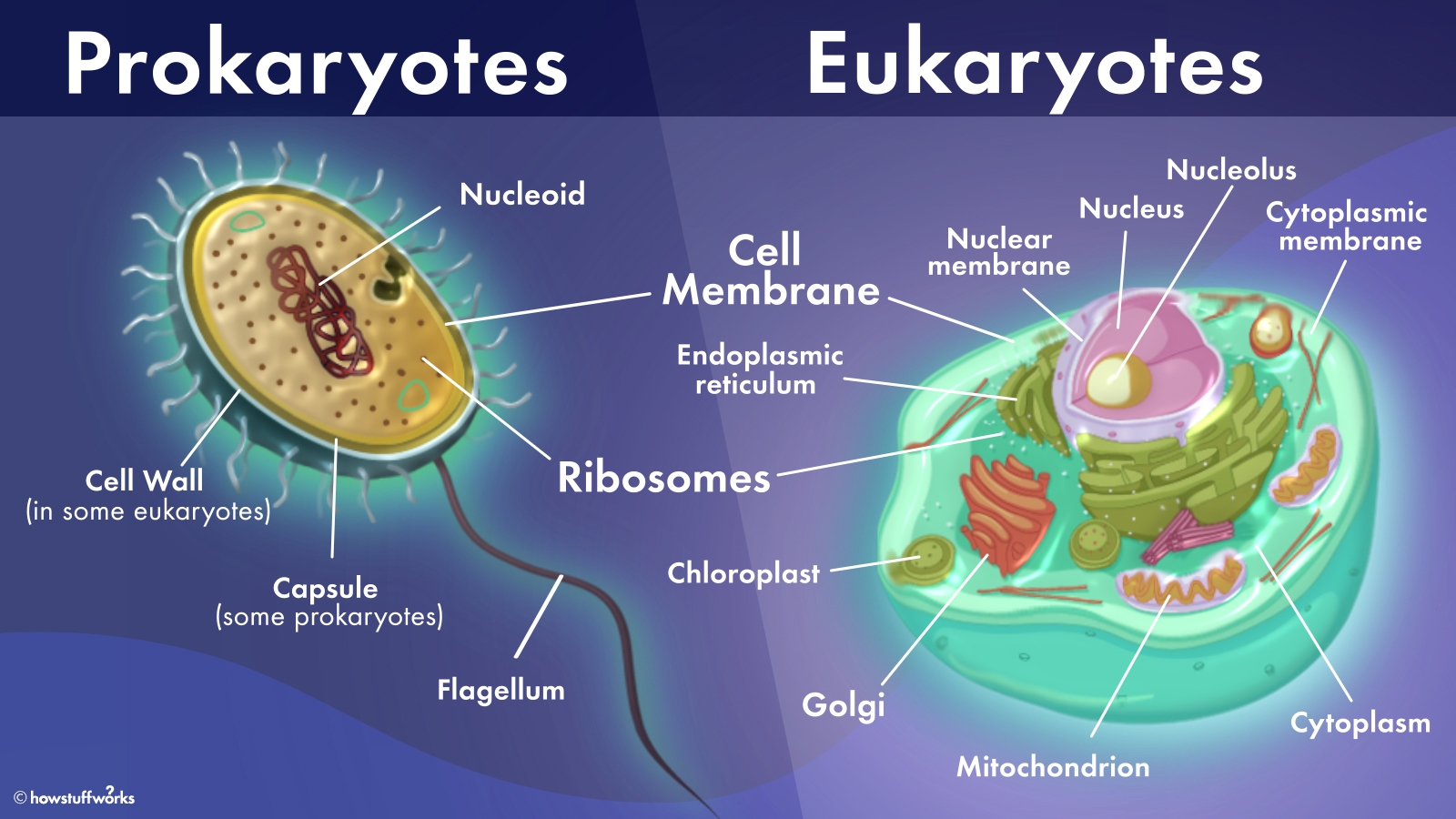Psychological Methods for Improving Students' Memorization of Lesson Content
Improving Students' Memorization

Memorization is a fundamental aspect of learning, and effective strategies can significantly enhance students' ability to retain and recall information. Psychological research provides a range of methods to improve memorization, making learning more efficient and lasting. This article explores several evidence-based psychological techniques that educators can use to help students memorize lesson content more effectively.
1. Spaced Repetition
Spaced repetition involves reviewing information at increasing intervals over time. This technique is grounded in the spacing effect, which suggests that information is more easily recalled if exposure is spaced out over time rather than crammed in a short period.
Research Insight: Studies by Ebbinghaus (1885) and more recent work by Cepeda et al. (2006) confirm that spaced repetition significantly improves long-term retention. Tools like flashcards and spaced repetition software (e.g., Anki) can be particularly effective in applying this method in educational settings .
2. Retrieval Practice
Retrieval practice, also known as the testing effect, involves actively recalling information from memory rather than passively reviewing it. This method strengthens memory and enhances the ability to apply knowledge in different contexts.
Research Insight: Roediger and Butler (2011) demonstrated that retrieval practice enhances long-term retention more effectively than additional study sessions. Regular low-stakes quizzes and practice tests can help students engage in retrieval practice .
3. Elaborative Interrogation
Elaborative interrogation involves asking students to explain why a fact or concept is true. This technique encourages deeper processing of information, making it easier to remember.
Research Insight: Research by Pressley et al. (1992) found that students who used elaborative interrogation retained more information compared to those who used rote memorization. Encouraging students to elaborate on their answers and explain concepts in their own words can foster deeper understanding and better recall .
4. Mnemonic Devices
Mnemonic devices are memory aids that help students organize and recall information. These can include acronyms, rhymes, and visual imagery.
Research Insight: A study by Bellezza (1981) highlighted the effectiveness of mnemonic devices in improving memory performance. For example, using the acronym "HOMES" to remember the Great Lakes (Huron, Ontario, Michigan, Erie, Superior) is a simple yet powerful mnemonic tool .
5. Visualization and Imagery
Using visualization and imagery helps students create mental pictures of the information they are trying to remember. This technique leverages the brain's natural ability to remember images better than text.
Research Insight: Research by Paivio (1986) supports the dual-coding theory, which suggests that information is better remembered when it is encoded both visually and verbally. Incorporating diagrams, mind maps, and visual aids in teaching can enhance memory retention .
6. Chunking
Chunking involves breaking down large amounts of information into smaller, manageable units or "chunks." This method reduces cognitive load and makes it easier to remember information.
Research Insight: Miller (1956) found that the average person can hold about seven items in their working memory, plus or minus two. By organizing information into chunks, students can increase the amount of information they can remember. For example, breaking down a long number into smaller groups (e.g., phone numbers) can improve recall (Teacher Magazine).
7. Active Learning
Active learning involves engaging students in activities that require them to apply and discuss what they have learned. This can include group discussions, hands-on activities, and teaching others.
Research Insight: A meta-analysis by Freeman et al. (2014) showed that active learning strategies significantly improve student performance and retention compared to traditional lecture-based teaching. Encouraging students to actively participate in their learning process can make the material more memorable (The University of Newcastle, Australia).
Conclusion
Implementing these psychological methods can significantly enhance students' ability to memorize lesson content. By incorporating spaced repetition, retrieval practice, elaborative interrogation, mnemonic devices, visualization, chunking, and active learning into their teaching strategies, educators can create a more effective and engaging learning environment that supports long-term retention and understanding.
References:
- Cepeda, N. J., Pashler, H., Vul, E., Wixted, J. T., & Rohrer, D. (2006). Distributed practice in verbal recall tasks: A review and quantitative synthesis. Psychological Bulletin, 132(3), 354-380.
- Roediger, H. L., & Butler, A. C. (2011). The critical role of retrieval practice in long-term retention. Trends in Cognitive Sciences, 15(1), 20-27.
- Pressley, M., McDaniel, M. A., Turnure, J. E., Wood, E., & Ahmad, M. (1992). Generation and precision of elaboration: Effects on intentional and incidental learning. Journal of Experimental Psychology: Learning, Memory, and Cognition, 18(5), 883-894.
- Bellezza, F. S. (1981). Mnemonic devices: Classification, characteristics, and criteria. Review of Educational Research, 51(2), 247-275.
- Paivio, A. (1986). Mental Representations: A Dual Coding Approach. Oxford University Press.
- Miller, G. A. (1956). The magical number seven, plus or minus two: Some limits on our capacity for processing information. Psychological Review, 63(2), 81-97.
- Freeman, S., Eddy, S. L., McDonough, M., Smith, M. K., Okoroafor, N., Jordt, H., & Wenderoth, M. P. (2014). Active learning increases student performance in science, engineering, and mathematics. Proceedings of the National Academy of Sciences, 111(23), 8410-8415.
Super Admin

Ademy Vietnam at MIS Innovation Day: Introducing Effective Self-Learning Solutions
On March 29, 2025, Ademy Vietnam participated in the MIS Innovation Day – an event focused on science, technology, and culture, attracting thousands of students and parents from Hanoi and surrounding provinces.

The Powerful Impact of Video on Teaching and Learning: Insights from Professional Research
Impact of Video on Teaching and Learning

The Importance of Teaching Positive Education Skills
Positive Psychology in Schools

Enhancing Student Memory: Effective Strategies and Techniques
Improving students' memory

A Comprehensive Guide to Flipped-Classroom Lesson Planning for Secondary Teachers
Flipped-classroom lesson planning guide